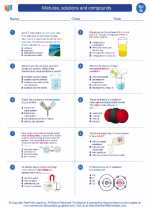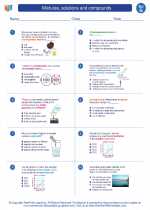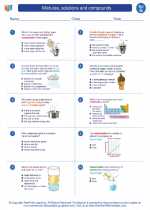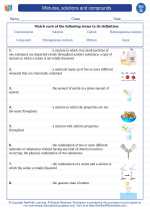Natural Selection
Natural selection is the process by which organisms that are better adapted to their environment tend to survive and produce more offspring. Over time, this process can lead to the evolution of new species.
Mechanism of Natural Selection
Natural selection operates through the following mechanisms:
- Variation: Within a population, individuals exhibit variations in their traits.
- Competition: Resources in the environment are limited, leading to competition among individuals for survival and reproduction.
- Heritability: Traits that lead to better survival and reproduction are passed on to the next generation.
- Differential Reproduction: Individuals with advantageous traits produce more offspring, leading those traits to become more common in the population over time.
Study Guide
- What is natural selection?
- What are the mechanisms of natural selection?
- Variation
- Competition
- Heritability
- Differential Reproduction
- How does natural selection lead to evolution?
Natural selection is the process by which organisms that are better adapted to their environment tend to survive and produce more offspring.
Within a population, individuals exhibit variations in their traits.
Resources in the environment are limited, leading to competition among individuals for survival and reproduction.
Traits that lead to better survival and reproduction are passed on to the next generation.
Individuals with advantageous traits produce more offspring, leading those traits to become more common in the population over time.
Natural selection can cause changes in the frequency of certain traits within a population over time, leading to the evolution of new species.





